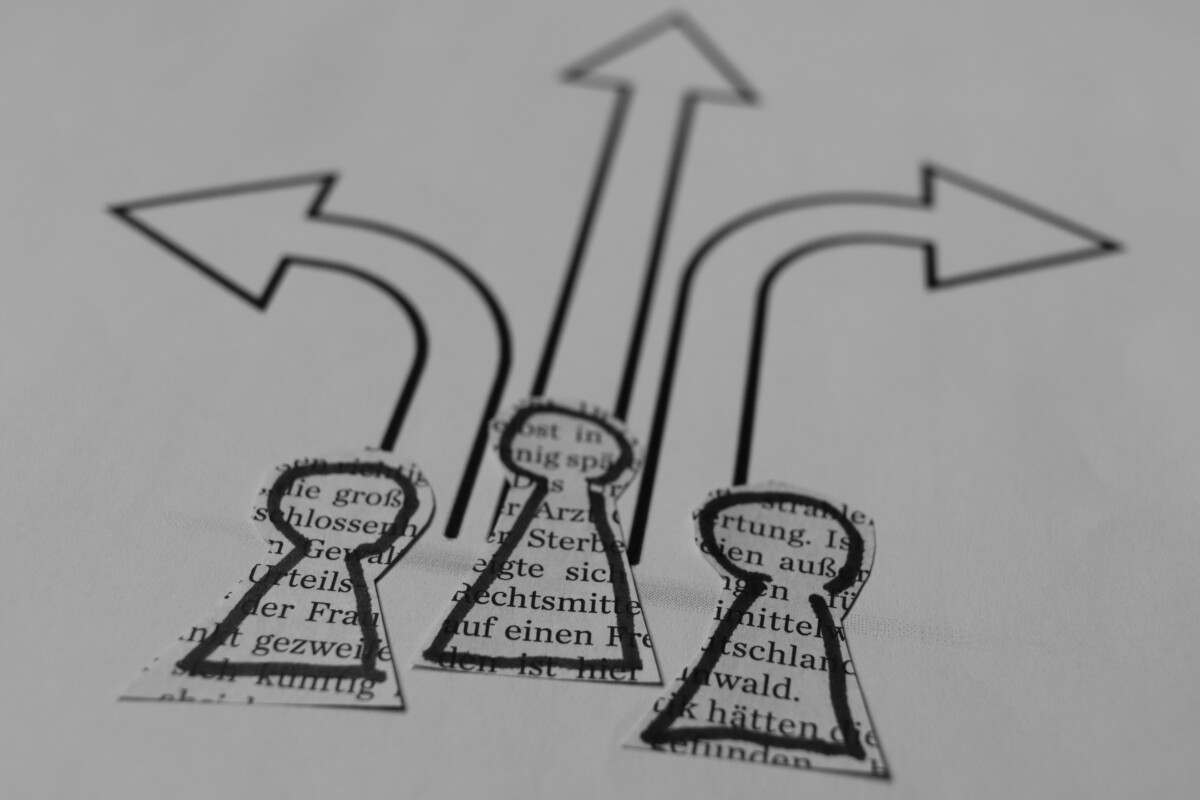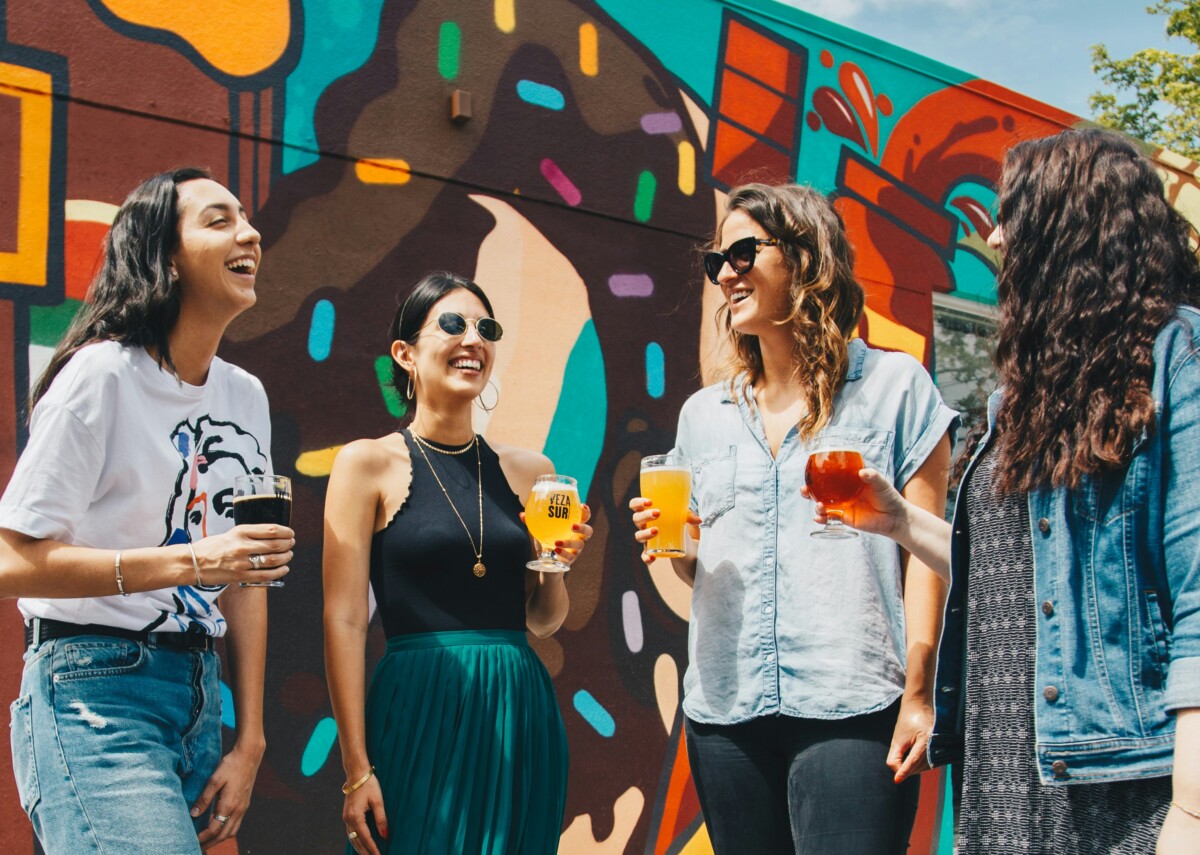Listen to the full podcast episode on YouTube, Spotify, and Apple Podcasts.
Laura grew up in the shadow of deindustrialisation. Raised in a coal mining village in South Yorkshire, she witnessed first-hand how progress for some meant devastation for many. That early understanding of inequality and its deep social consequences shaped the trajectory of her career—and the powerful insights she shares today.
The Legacy We Haven’t Escaped: Outdated Organisational Thinking
From the late 19th century onwards, thinkers like Frederick Taylor and Max Weber helped craft the management models still dominating companies today:
-
📚 Scientific Management: Maximise efficiency by turning organisations into tightly-controlled machines.
-
🏢 Bureaucratic Structures: Standardise processes, create rigid hierarchies, and define success through productivity and control.
At the time, these ideas revolutionised business. But in today’s world, trying to solve systemic sustainability challenges with “scientific management” principles is like trying to fix a spaceship with Victorian plumbing.
“We’re using outdated ways of working to try and solve challenges that have never been solved before.”
The sustainability issues we face require creativity, imagination, and dynamic thinking—not rigid hierarchy and departmental silos.

Why Compliance Alone Won’t Save Us
Laura is clear: compliance is essential—but it’s not the end goal.
“We can’t compliance our way out of this.”
Organisations have rightly focused on building robust sustainability reporting, frameworks, and compliance mechanisms. But in doing so, many have squeezed out the very things that drive genuine change: innovation, experimentation, and human creativity.
Without making space for new thinking, compliance risks becoming a comfort blanket that lulls organisations into a false sense of progress.
Introducing the ‘Now Work’ Philosophy
Frustrated by outdated structures, Laura founded The Now Work, a new kind of business designed around modern sustainability needs.
Here’s what makes it different:
-
🌍 2,000-strong global network of sustainability experts across strategy, carbon accounting, creative storytelling, science, and systems thinking.
-
🚀 Flexible talent models: helping businesses “rent, borrow, or share” sustainability expertise.
-
🛠️ Built for agility, creativity, and real transformation—not just reporting and box-ticking.
It’s a glimpse into the future of organisational design: porous, flexible, human-centred, and impact-driven.
Rethinking Power: Why Shared Value Networks Matter
Laura also discussed the concept of Shared Value Networks (SVNs)—a radical rethink of how organisations could be structured.
Instead of all decision-making power sitting at the centre, SVNs operate at the edges, connecting companies with external stakeholders: NGOs, educators, citizens, and others. This creates a decentralised web of knowledge, co-creation, and collective intelligence.
Key ideas:
-
✨ Impact Coordinators: New leadership roles managing the interconnected networks.
-
🌱 Organic structures, intentionally designed for creativity and adaptability.
-
🤝 Genuine collaboration with external voices, not just tokenistic advisory boards.
Laura believes models like SVNs can unlock the creativity and stakeholder engagement needed for real systemic change.
“We need space for creativity. We’re not going to solve these challenges by staying rigidly inside traditional structures.”
The Real Risk: Losing the Next Generation
One of Laura’s most powerful warnings? That by focusing too much on compliance, companies risk discouraging the next wave of sustainability talent.
If the sustainability profession becomes seen as purely technical and compliance-led, we will miss out on the creative, passionate innovators needed to lead true transformation.

Laura’s Magic Wand: Tackling Wealth Inequality
If given a magic wand to change one thing in business, Laura’s choice was clear:
“I want businesses to take rising wealth inequality seriously. Without tackling inequality, we won’t build a society capable of creating a better future.”
Business can’t exist in a vacuum. A sustainable economy is impossible without social justice.
Final Thoughts: Building the Businesses We Need
Laura’s message is both a challenge and an opportunity:
-
🌟 Redesign your structures.
-
🌟 Build spaces for creativity.
-
🌟 Connect beyond your walls.
-
🌟 Tackle social issues, not just environmental ones.
In short: Stop trying to save the world with broken models.
Sponsored by...
truMRK: Sustainability Communications You Can Trust
👉 Learn how truMRK helps organisations strengthen the credibility of their communications.
Want to be a guest on our show?
Contact Us.
The Responsible Edge Podcast
Queensgate House
48 Queen Street
Exeter
Devon
EX4 3SR
Recognition.
Join 2,500+ professionals.
Exploring how to build trust, lead responsibly, and grow with integrity. Get the latest episodes and exclusive insights direct to your inbox.
© 2026. The Responsible Edge Podcast. All rights reserved.
The Responsible Edge Podcast® is a registered trademark.
Sponsored by truMRK
© 2026. The Responsible Edge Podcast

